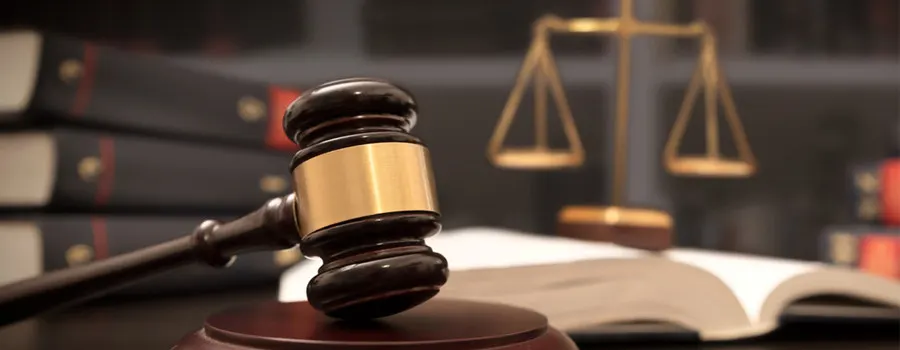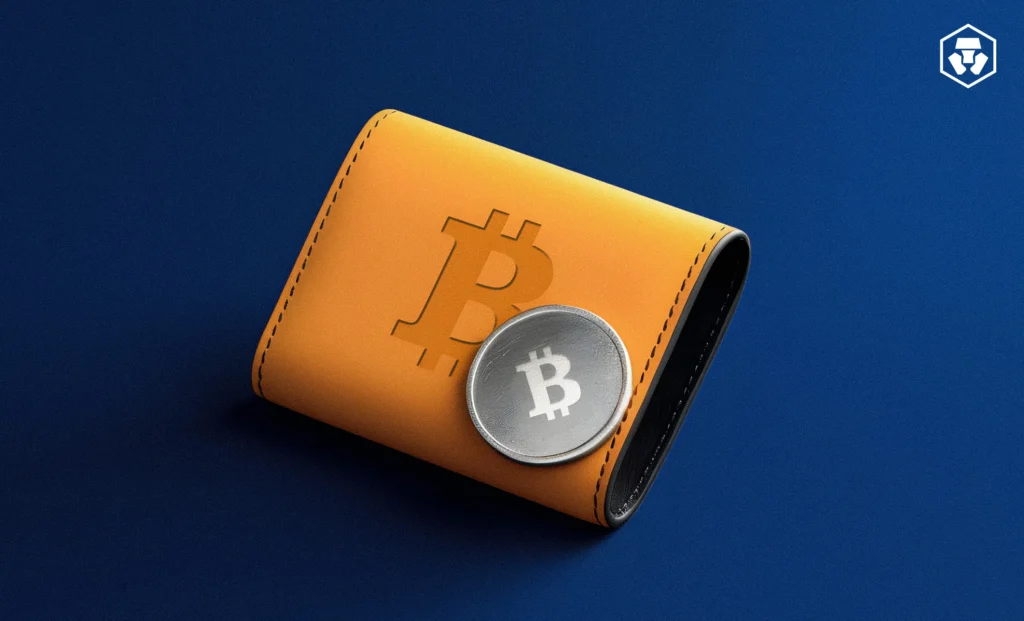Crypto Payments in Thailand: What You Can Do—and What Might Go Wrong in 2025
If you’ve heard that Thailand is becoming crypto-friendly, you’re not wrong. But here’s the real question: is using crypto in Thailand actually safe—or is it a legal, logistical, or financial trap waiting to happen?
From Bitcoin-friendly cafés in Bangkok to beachfront rentals in Phuket, real-world adoption is quietly growing. But behind the convenience lies a mix of legal uncertainty, technical friction, and unexpected costs that travelers and digital nomads need to watch closely in 2025.

The Promise: Real Places Are Accepting Crypto
Across major Thai cities, some businesses are experimenting with crypto payments—especially BTC and stablecoins like USDT. You’ll find signs of progress in:
- Bangkok cafés and spas offering QR code payments
- Phuket beach clubs and boutique villas occasionally accepting stablecoins
- Tour guides and retreat organizers willing to settle in crypto via informal arrangements
These are not imaginary use cases—they’re real. But they also come with serious caveats.

The Risks You Might Not See Coming
1. Legal Ambiguity
Yes, Thailand has legalized crypto trading through licensed exchanges like Bitkub and Binance TH. But when it comes to direct crypto payments between customers and merchants, the regulatory environment is less clear.
Some businesses play it safe by immediately converting crypto to baht via third-party apps. Others operate under the radar—meaning you might be on your own if something goes wrong. There’s no consumer protection or official dispute process for failed crypto transactions.

2. Scams & Unvetted Vendors
In tourist-heavy areas like Patong or Silom, not every vendor claiming to accept crypto is trustworthy. Payment reversals are impossible. If you’re scammed or overcharged, there’s often no recourse.
Reddit threads and Telegram groups may offer tips, but relying on informal channels increases exposure to bad actors.

3. Volatility & Network Fees
Using Bitcoin for small payments is risky. By the time a transaction confirms, the price might have shifted, or the gas fee may outweigh your actual purchase.
USDT and other stablecoins are more stable, but chain compatibility is another concern. If a vendor asks for TRC-20 and you send ERC-20, your funds could be lost without recovery.
4. Tech Barriers on Both Sides
Don’t assume every vendor is tech-savvy. Some staff may not understand wallet addresses, QR codes, or how to verify that a payment has gone through. You may end up wasting time—or money—explaining how your app works.
Even with trusted apps like MetaMask, Trust Wallet, or Bitkub NEXT, the user experience can vary wildly depending on the business and the blockchain involved.

Credit from : Crypto.com
What You Should Do Before Using Crypto in Thailand
- Confirm everything in advance. Ask not only if crypto is accepted, but which coins and which network.
- Start small. Never make large payments unless you’ve verified the merchant’s credibility through multiple sources.
- Use local exchanges if possible. Apps like Bitkub or Binance TH are more recognizable to Thai merchants than global wallets.
- Track regulations. Thai crypto policy can change rapidly, and what’s allowed today might not be tomorrow.
Bottom Line: Use with Caution
Crypto spending in Thailand is real—but so are the risks. Don’t let the idea of blockchain-powered travel blind you to the on-the-ground complexity.
Bangkok and Phuket may be at the forefront of adoption, but this is still a developing space. Whether you’re a tourist trying to pay for a massage with USDT or a digital nomad booking a crypto-friendly villa, tread carefully. Know your tools, confirm your counterpart, and never assume safety just because a vendor “accepts crypto.”
The freedom is there. So is the fragility.



